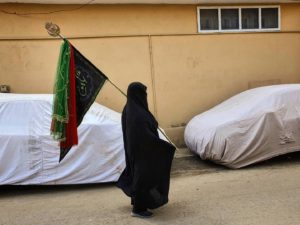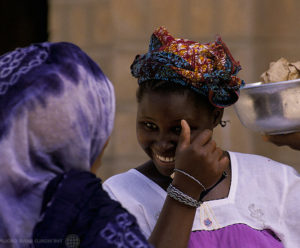This Working Paper by Jeremy Allouche, Harriet Hoffler and Jeremy Lind reviews current thinking and policy directions in understanding religious inequalities in humanitarian contexts.
Religious identity is critically important to consider in assessing patterns of displacement and the dynamics of conflict and peacebuilding, as well as programmatic and policy responses to humanitarian crises.
Conflicts are frequently driven by discrimination and generate massive numbers of refugees and internally displaced persons (IDPs) as they flee from persecution and violence, whilst individuals or groups may be targeted for their identity or face insecurity during community activities. As a result, the relationship between diversity, inclusivity, and interdependence is key to developing approaches that address intersecting forms of insecurity experienced by religious minorities.
This paper reviews current thinking and policy directions in understanding religious inequalities in humanitarian contexts and asks the following questions:
- What are the implications of programming that is blind to religious inequalities?
- How can humanitarian actors incorporate sensitivity to religious difference and persecution in their programming, and what are the challenges of doing so?
Citation
Allouche, J.; Hoffler, H. and Lind, J. (2020) Humanitarianism and Religious Inequalities: Addressing a Blind Spot, CREID Working Paper 4, Coalition for Religious Equality and Inclusive Development, Brighton: Institute of Development Studies
See also…
- Humanitarian assistance ‘doing no harm through need not creed’? – event (with video) featuring Jeremy Allouche, Jeremy Barker, Nathaniel Hurd, Olivia Wilkinson and Mariz Tadros
- Cultural diversity: the key to humanitarian work – analysis by Pamela Hajal


